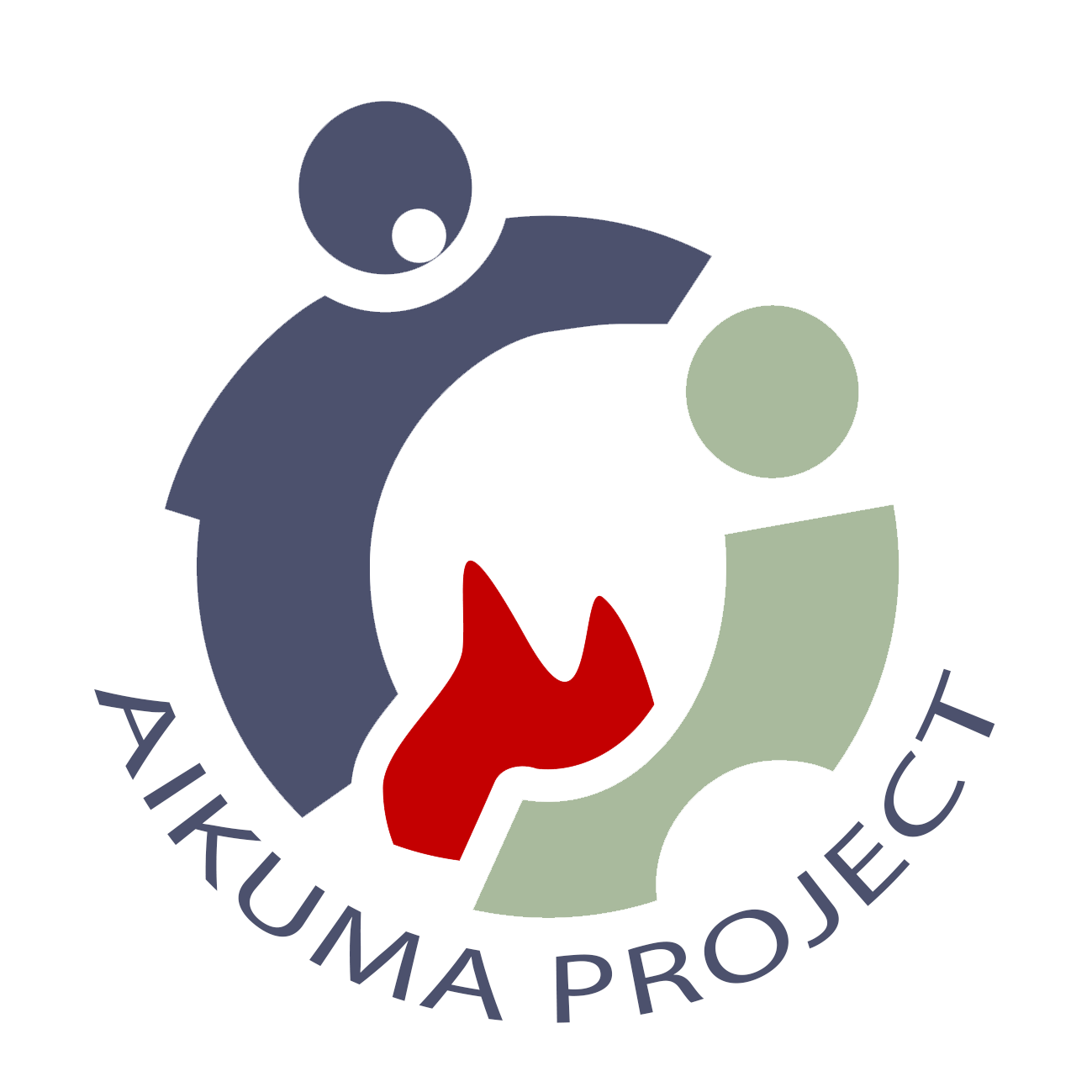Sharing a Story: What’s Involved
What does a language party look like?
It looks a bit like this! Watch a short video from our language party held in Geraldton, Australia, in September 2019. It had all the essential ingredients: heart, diversity, local languages, and an ultimate feeling of sharing and connection.
What are the steps?
1. Meet other storytellers
To begin, you host an informal gathering where you meet people from your community who speak minority languages. You may have had similar experiences in keeping your languages strong. You learn greetings in each others’ languages, and share stories in your languages. You’ll also learn about language parties, and how they are organised.
2. Rehearse
By this stage, you’re curious, but might not have committed to sharing a story at a language party. At the first rehearsal, many storytellers haven’t decided which story to tell. The idea is to get comfortable with telling a story in public and with moving around the stage (whatever form that may take: a park, a cafe floor, a gazebo). It is fun to listen to the other storytellers and to participate in their experience of sharing their language. Rehearsals continue right up until the day of the show.
3. Prepare
In your own time, perhaps alone or with friends or family, you’ll choose a story and start to practice it. Ideally you will get to the point where you can tell the story from memory, or perhaps just with small palm cards. Some of our storytellers have enjoyed telling their stories to the birds in their backyards!
4. Support your fellow storytellers
During the rehearsals and on the day of the language party, you’ll soon come to feel like part of a team. Storytellers offer a wellspring of support for each other.
5. Perform!
Its party time! When you come to the stage, you’ll start by teaching everyone a greeting. Then you’ll go on to share a story in your mother tongue for about 5 minutes. Finally, you’ll translate this into the dominant language of the audience. Most storytellers say this process is a fun, and that it fills them with pride.
6. Connect with your story-listeners
Often, the audience is curious to learn more about you and your language and culture, and so some language parties include a section in the program when all the storytellers come back on stage and answer some questions. Stay around after the formal program is over to meet people and to listen to their stories, and expect to be moved and encouraged.
7. Dream about what’s next
Now that you’ve performed in public, what else could you do to celebrate and connect with your local community? You’ll meet with your storytelling friends once more to talk about this, and ways that you can support each other.
What can you expect to get from the experience?
Most storytellers experience personal growth from having pushed themselves to share from the heart in public. There’s a sense of accomplishment, and the buzz that comes from sharing something you love: your language. Joy will rise up (we promise!) when you witness other storytellers doing the same.
Don’t just take our word for it. Here’s what past participants have said after a show:
“Speaking your language is such a special thing. Two people came up to me and said, ‘diolch’, Welsh for thank you. That meant so much to me. They’d both been to Wales and want to reconnect with the language. They wanted to know where they could find classes... It was also very special for me to meet the others. When you meet people in a group like that... What I found was that we were connected because of our passion for language, and it meant so much to us. We understood what it was – that feeling, that intangible thing.”
“It was intimidating at first, but actually cool. It felt like we were doing something big in front of all these people. I felt proud of myself.”
“It gave me so much hope... we don’t have to fully assimilate, hide our identity, our legacy, our history.”
“Made me realise how important storytelling can be.”
“It makes me happy... I’m telling my kids these people are pushing us to keep our language.”
PHOTO CREDITS: Sean Davey, Aishah Kenton, Courtney Elaine, Liz Arcus, Jennifer Pinkerton, Steven Bird. All rights reserved.

















































